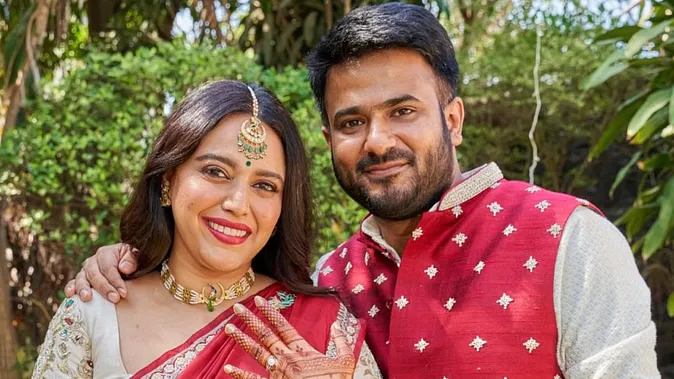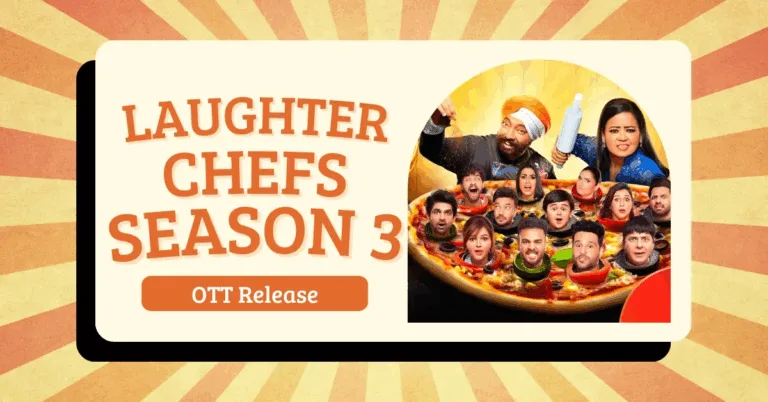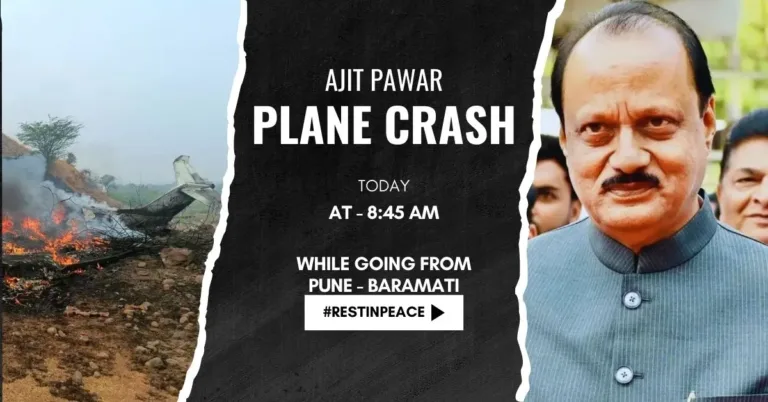
Swara Bhaskar’s powerful response to online trolls targeting her husband Fahad Ahmad exposes the deep classism behind social media hate. (Image credit: puneripages.in)
By Prashant for PuneriPages.in
I’ve been following the news about Swara Bhaskar’s recent clash with trolls online, and honestly, it got me thinking. When people called her husband, Fahad Ahmad, “Chhapri,” it wasn’t just some random name-calling or typical social media trolling. There’s a lot more packed into that one word, and understanding it tells us a lot about the kind of stuff still lurking in our society.
Table of Contents
What’s Behind the Word “Chhapri”?
If you’ve ever heard this word, you might think it’s just a playful insult, but it’s anything but. “Chhapri” is one of those words that carries heavy class baggage. It’s used to belittle someone’s background — basically saying, “You don’t belong here because you’re cheap or low-class.” It mocks how someone dresses, talks, or where they come from.
So when trolls call Fahad “Chhapri,” they’re not just throwing shade at his style; they’re trying to say he doesn’t have the “right” social standing. It’s like an invisible line they’re drawing in the sand, saying, “You’re not good enough.”
This Is Not Just Personal—It’s Political
Now, here’s the thing. Swara Bhaskar isn’t just a random celebrity; she’s known for speaking her mind on political issues. Fahad Ahmad is also active in student politics. So this trolling isn’t random noise — it’s a targeted attack.
By calling Fahad “Chhapri,” the trolls are really trying to hurt Swara by attacking someone close to her. It’s a way of saying, “If you hang out with people we don’t like, you’re worthless.” It’s sad but true — in India, personal attacks are often a disguise for political fights.
How Swara Responded—And Why It Matters
What really stood out to me was how Swara handled this. Instead of losing her cool or falling into the troll trap, she answered back in a way that took the power out of the insult. She didn’t just defend herself or her husband — she flipped the script and made the trolls look small.
That’s the kind of strength we need to see more of, honestly. When you face hate with calm and clarity, it not only protects you but also makes people think twice about where their words come from.
This Isn’t Just About Swara—It’s About All of Us
Sadly, Swara’s story is just one example of a bigger pattern. Outspoken women, especially in India, get targeted viciously online — and often their families get dragged into it. It’s a mix of misogyny and classism that tries to keep people “in their place” by using words and insults like weapons.
The word “Chhapri” is a perfect example of how society still judges people harshly based on their style, speech, or background. It’s a reminder that class divides and prejudices aren’t gone — they just hide in online comments and trolling.
Why We Should Care
Reading about this, I couldn’t help but feel this is more than just a “celebrity vs trolls” thing. It shows us the ugly side of how social media and society work together to keep certain people down.
But it also shows us that voices like Swara’s, who don’t back down, are so important. They force us to confront uncomfortable truths and challenge these outdated mindsets.
So yeah, next time you see a word like “Chhapri” thrown around, don’t just scroll past. Think about what it really means — the layers of class, politics, and prejudice hiding behind it.
And maybe, like Swara, stand tall and speak up. Because these small fights online are really about who we are as a society.






